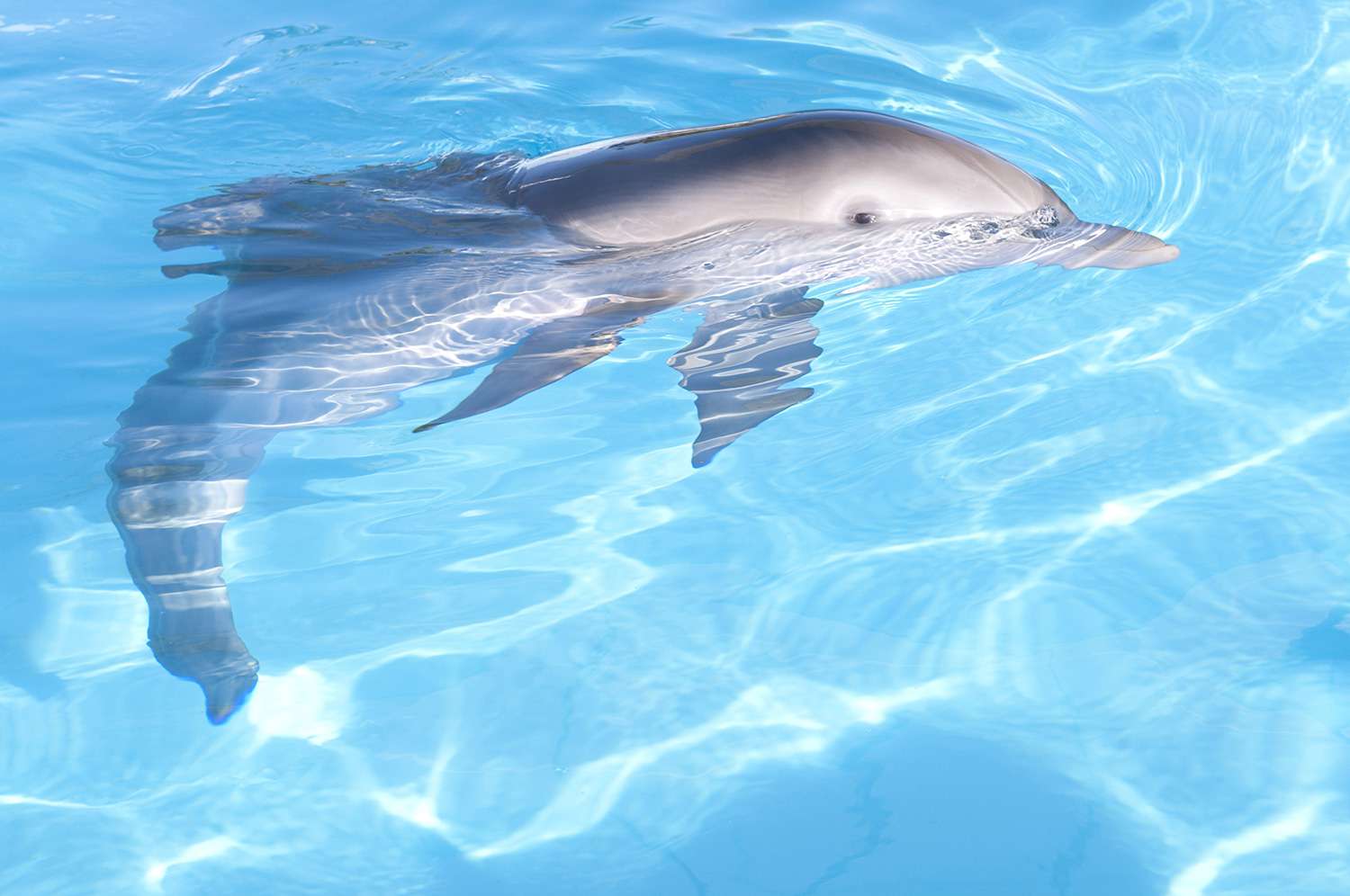A recent study revealed that a dolphin in Florida was infected with highly pathogenic avian influenza virus (HPAIV), commonly known as bird flu. This marks the first time such a virus has been found in a cetacean in North America. Researchers from the University of Florida documented this discovery in a paper published in the online journal Communications Biology.
The dolphin was initially discovered in distress in a canal in Dixie County in March 2022. Despite rescue attempts, the dolphin died shortly after rescue teams arrived. Upon examination, it was revealed that the dolphin had severe health issues, including inflammation of the brain and leptomeninges disease. Subsequent analysis showed symptoms consistent with those observed in other Florida wildlife affected by the virus, particularly birds.
The finding raises concerns about the potential impact of bird flu on cetaceans, as scientists fear it could have catastrophic consequences for marine mammals. The virus has previously been detected in birds and other mammals, including harbor seals and gray seals, with some exhibiting neurological symptoms.
While the exact source of the virus in the dolphin remains unknown, researchers emphasize the importance of further investigation to understand its transmission and potential preventive measures. Richard Webby, director of the World Health Organization Collaborating Center for Studies on the Ecology of Influenza in Animals and Birds at St. Jude Children’s Research Hospital, underscored the need for continued research into the virus.
The global outbreak of bird flu, which began in 2020, has resulted in millions of bird and wildlife deaths, particularly affecting seals and sea lions. In the United States, the disease has been widespread among marine mammals in Maine and has been detected in seals in Puget Sound, Washington state. It has also spread rapidly in South America.
Understanding the virus is crucial for developing strategies to prevent its spread to other animals. Mike Walsh, an associate professor of aquatic animal health at the University of Florida, emphasized the collaborative effort involved in investigating the virus and the importance of addressing questions surrounding its emergence and impact.















































